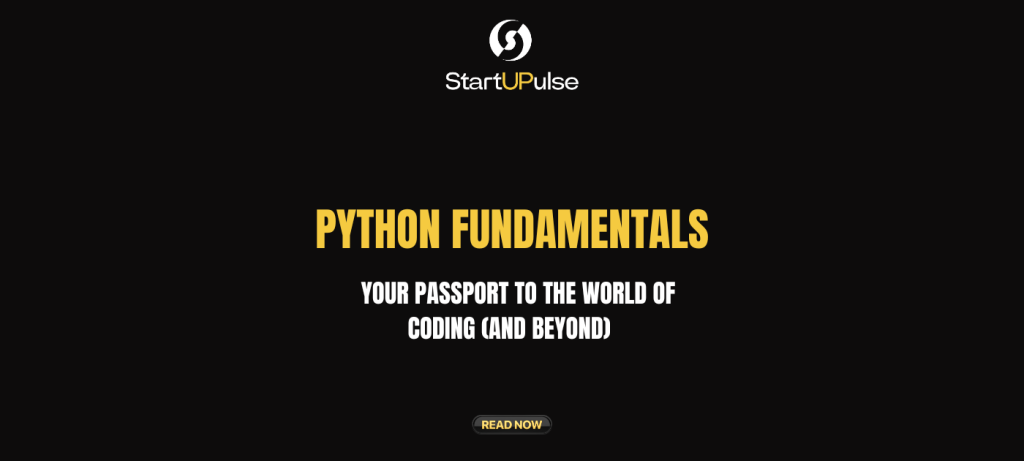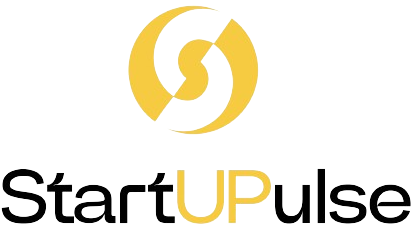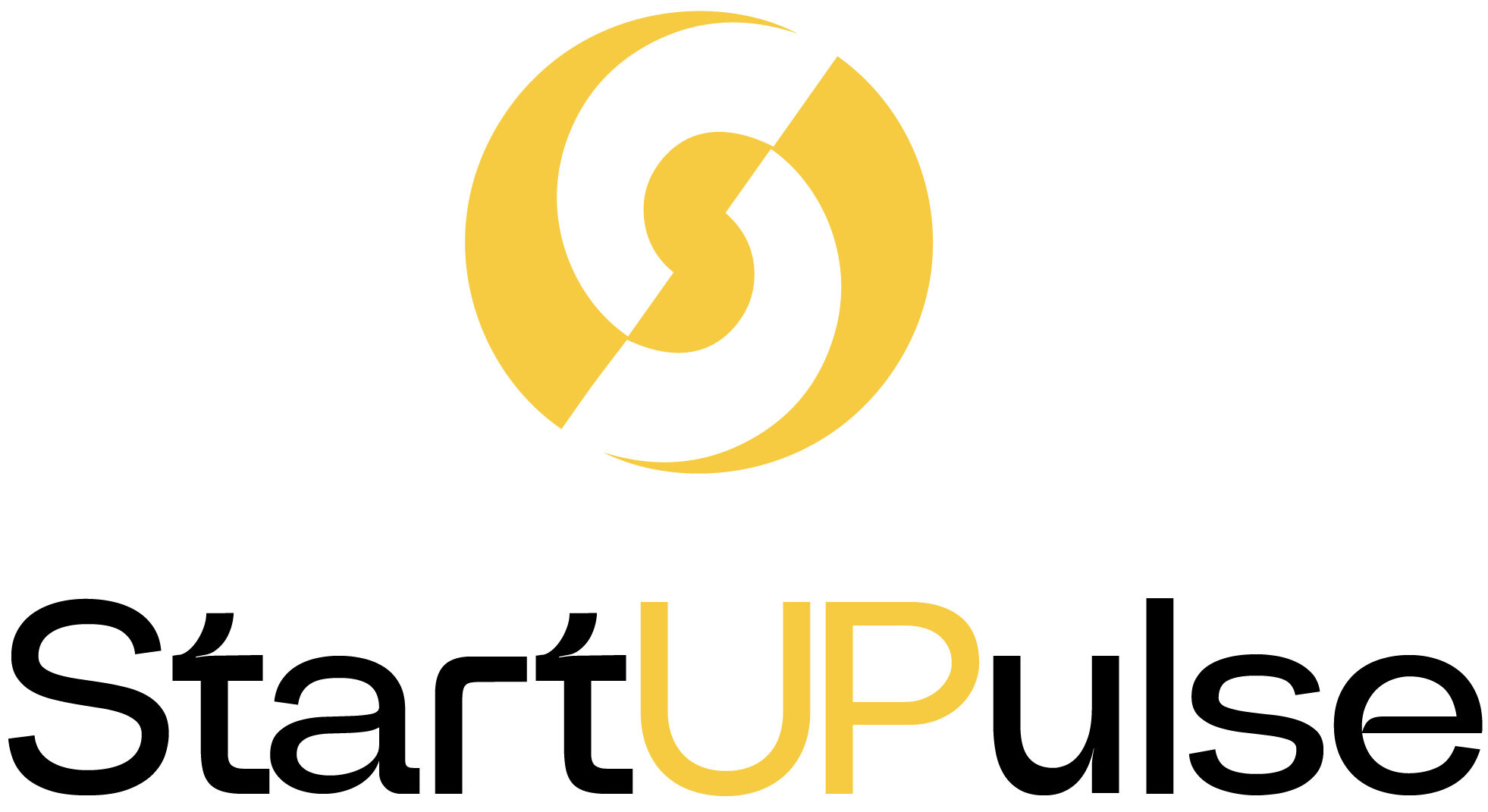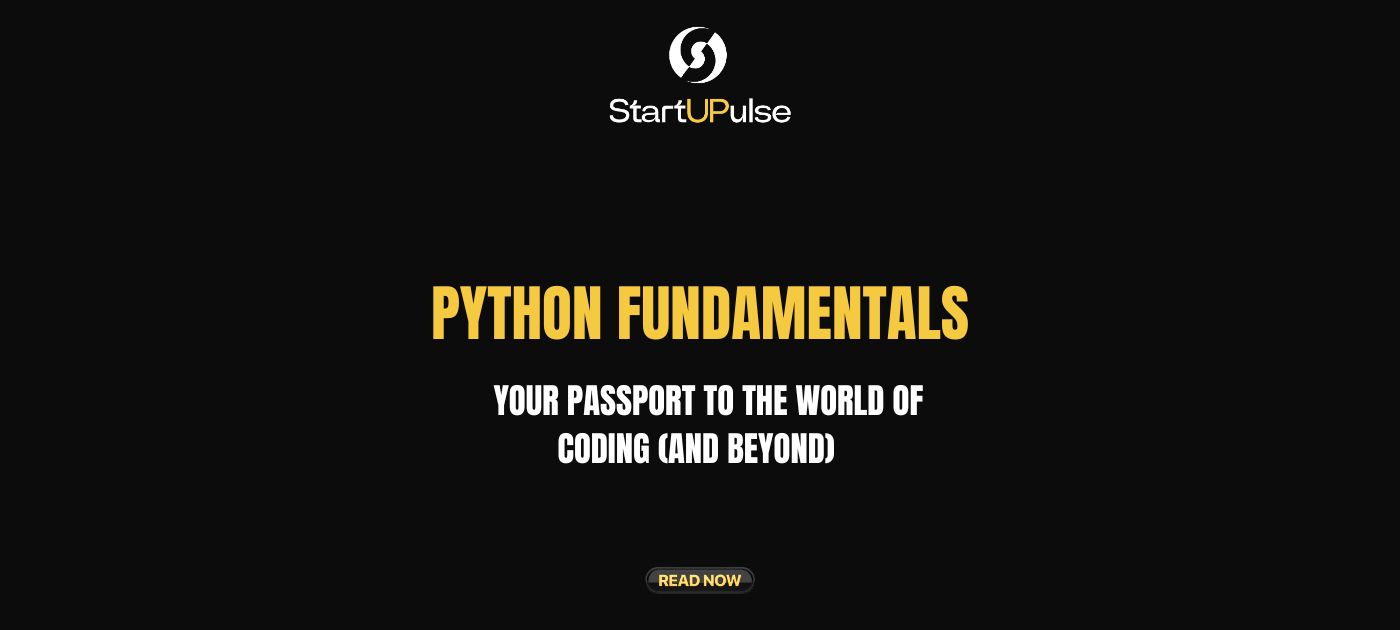
Python, often hailed as the “Swiss Army knife” of programming languages, has emerged
as a favorite among beginners and seasoned developers alike. Its versatility, readability, and
vast array of libraries make it an excellent choice for a wide range of applications, from web
development and data analysis to machine learning and automation.
In this comprehensive guide, we’ll delve into the essential Python fundamentals that every
beginner should know, equipping you with the foundational knowledge to embark on your coding
journey.
Why Python? Unraveling Its Appeal
Before we dive into the nitty-gritty, let’s explore why Python has captured the hearts of so many
programmers:
- Readability and Simplicity: Python’s syntax is remarkably clean and intuitive,
resembling plain English. This makes it easier to learn, understand, and maintain code,
even for beginners. - Versatility: Python is a general-purpose language, meaning it can be used for a
multitude of tasks. Whether you’re interested in building web applications, analyzing
data, automating tasks, or exploring the realms of artificial intelligence, Python has got
you covered. - Community and Support: Python boasts a vast and active community of developers
who contribute to its libraries, frameworks, and educational resources. This means you’ll
find ample support, tutorials, and forums to help you along your learning path. - Job Market Demand: Python developers are in high demand across various industries.
Learning Python opens up a wealth of career opportunities, from software development
and data science to machine learning engineering and more.
Laying the Foundation: Core Python Concepts - Variables and Data Types:
○ Variables are containers for storing data values.
○ Python supports various data types, including numbers (integers, floats), strings
(text), lists (ordered collections), dictionaries (key-value pairs), and more. - Operators:
○ Operators are symbols that perform operations on values and variables.
○ Python offers arithmetic operators (+, -, *, /, //, %), comparison operators (==, !=, <, >=, <=), logical operators (and, or, not), and more.
- Conditional Statements (if, elif, else):
○ Conditional statements allow you to execute code based on whether a certain
condition is true or false.
○ This enables you to create decision-making logic in your programs.- Loops (for, while):
○ Loops allow you to repeat a block of code multiple times.
○ For loops iterate over a sequence (like a list or string), while while loops repeat
as long as a condition is true.- Functions:
○ Functions are reusable blocks of code that perform specific tasks.
○ They help you organize your code, make it more readable, and avoid repetition.- Modules and Libraries:
○ Python’s vast collection of modules and libraries (e.g., NumPy, pandas, requests)
provides ready-made functionalities for various tasks.
○ Leveraging these resources can significantly accelerate your development
process.
Beyond the Basics: Where to Go Next
Once you’ve mastered the fundamentals, you can explore more advanced Python concepts,
such as:
● Object-Oriented Programming (OOP): A programming paradigm that allows you to
model real-world entities as objects with attributes and methods.
● File Handling: Read from and write to files to store and retrieve data.
● Exception Handling: Gracefully handle errors and exceptions to make your programs
more robust.
● Regular Expressions: Search for and manipulate text based on patterns.
● Web Development with Frameworks like Django or Flask: Build dynamic web
applications with ease.
Connect with Experts to Supercharge Your Python Journey
Learning Python is a continuous journey of exploration and growth. If you’re looking for
guidance and support, StartUPulse can connect you with a community of fellow learners and
experienced mentors.
● Connect with fellow startup founders: Share your experiences, learn from others, and
collaborate on projects.
● Partner with a business development consultant: Gain valuable insights and
strategic advice to leverage Python for your business growth.
● Access expert 1-on-1 coaching: Get personalized coaching on Python, startups, sales,
entrepreneurship, and more.
Don’t hesitate to tap into the resources available at StartUPulse to accelerate your Python
learning and achieve your coding goals.
Remember, the key to mastering Python is practice, practice, practice. Build projects,
experiment with code, and don’t be afraid to make mistakes. With dedication and the right
resources, you’ll soon be wielding Python like a pro.
















